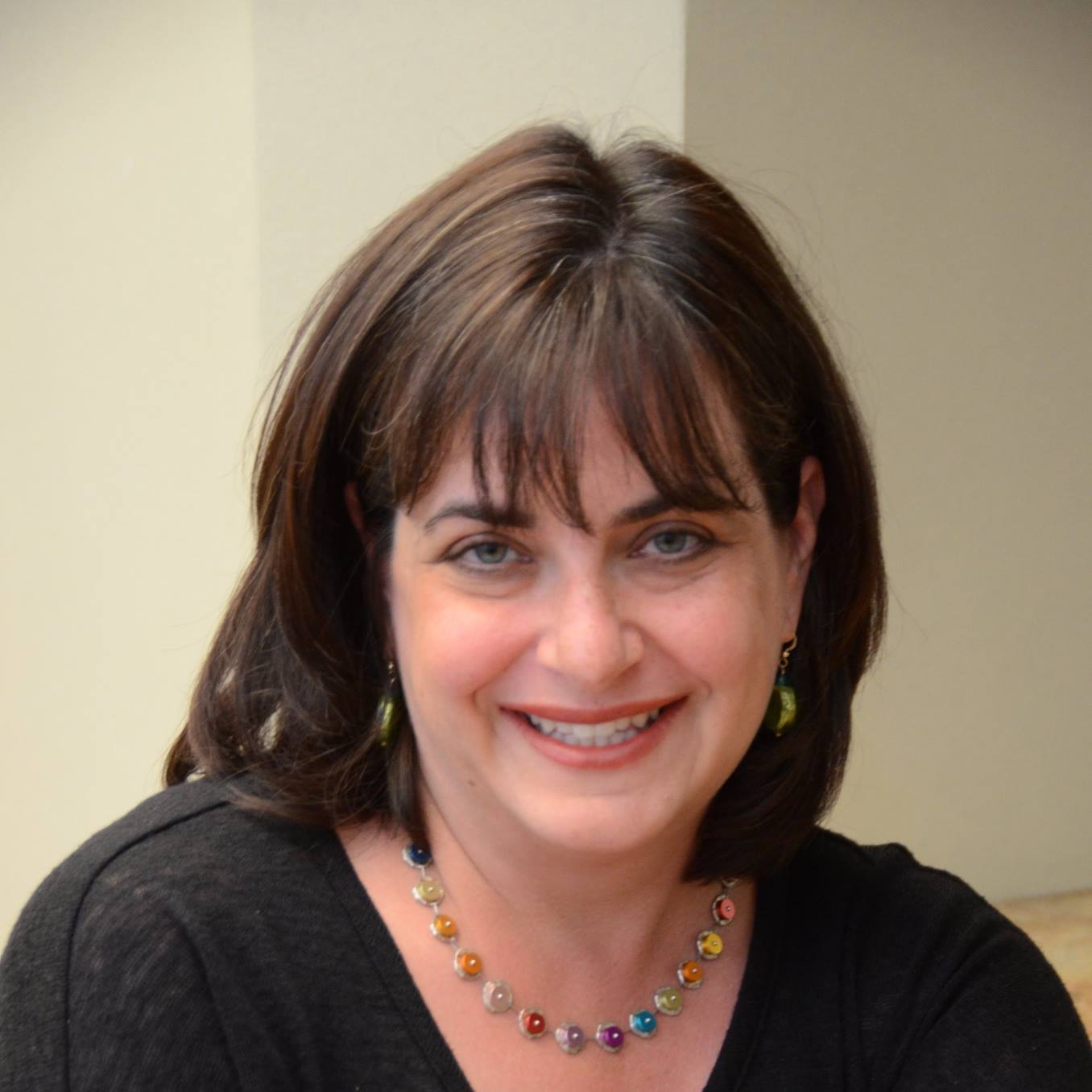When Sam Kadorian was a child, Ottoman soldiers would conduct drills in a field near his home in Mezre (modern-day Elazığ, Turkey), adjacent to the fortress town of Kharpert. Sam would stand close by, mimicking their drills.

Julie Gruenbaum Fax is a content strategist and writer for the USC Shoah Foundation. She was a senior writer and editor at the Jewish Journal of Los Angeles and has co-authored six personal history books. She is currently writing a book about her grandmother’s Holocaust experience.
Articles by Julie Gruenbaum Fax
-
April 20, 2022
-
April 13, 2022
Sally (Fink) Singer still cries over the spilled milk. Yes, it happened more than 80 years ago. And at the age of 100, Sally knows that her siblings – Anne (99), Sol (97), and Ruth (95), who to this day remain inseparable – have long since forgiven her. But the pangs of guilt and hunger linger.
-
March 24, 2022
Alan Rose was repeating himself. He was stuck in a particularly difficult part of his story about being deported from a labor camp to Buchenwald Concentration Camp. Josh Turnil and the guests he had invited to hear Alan’s story in Josh’s Paris living room that January 2019 evening – about 20 people of all ages tucked into sofas and folding chairs – gently helped Alan along. After Alan had finished speaking, Josh’s teenage son sat at the piano and played a slow, jazzy melody with a repeating refrain that reflected the circularity of memory.
-
March 7, 2022As the world watches in horror as millions of Ukrainians resist, take shelter or flee from Russian attacks, news reports stir up connections to a haunting past. We scanned our Visual History Archive to bring just a few stories from these places to light. The words of survivors, as they often do, reach forward through time.
-
February 11, 2022
For much of their life, Allen and Peter Adamson didn't know that Joe, their easy-going, suburbanite dad, a VP at a New York plastics company, had a remarkable early history. He had escaped Germany at the age of 14 on the Kindertransport, served as an interrogator with the U.S. Army during the liberation of Mauthausen Concentration Camp, and helped in a U.S. effort to intercept secret messages encoded in German postage stamps.
-
January 21, 2022
For weeks, Eva (Geiringer) Schloss and a small band of young women had been exploring the far corners of the women’s section of Auschwitz-Birkenau, alone and, for the first time in months, unwatched.
It was January 1945, and Allied forces were nearing the camp. The SS had already evacuated most of the surviving inmates by way of middle-of-the-night marches in freezing temperatures. The gas chambers and crematoria had been destroyed. The SS guards had fled.
-
January 18, 2022The inaugural 2020-2021 Scholar Lab program focuses on the topic of antisemitism. A cohort of academics was invited to explore antisemitism from a wide range of disciplinary perspectives and to use the collaborative meetings to guide and hone their work. The results of their research, presented in both traditional and non-traditional formats, will be accessible to the public later this year.
-
January 10, 2022
In a five-hour interview with USC Shoah Foundation, Justus Rosenberg refers to himself as “small fry,” “a cog,” an unimportant person. And perhaps it was for this reason that for decades, the Bard College literature professor hadn’t let on—to his colleagues, to his students, and even, for a time, to his own wife—that he had fought and outwitted the Nazis during World War II to save thousands from persecution.
-
November 4, 2021
It was really just a coincidence that in her efforts to reduce racism, hatred, and violence, some of Ceci Chan’s earliest work with USC Shoah Foundation involved the Nanjing Massacre.
Chan, a strategic investor and philanthropist, had been funding projects around Holocaust education for 13 years when she met USC Shoah Foundation Finci-Viterbi Executive Director Stephen Smith at a Shabbat dinner while both were attending the USC Global Conference in Hong Kong in the fall of 2011.
-
November 2, 2021When the Coronavirus pandemic banished students and teachers from classrooms in March 2020, Liza Manoyan scrambled to shift to distance learning. Figuring out the technology was one thing. But she faced another challenge. “There are not a lot of digital resources for teaching in Armenian,” she said.